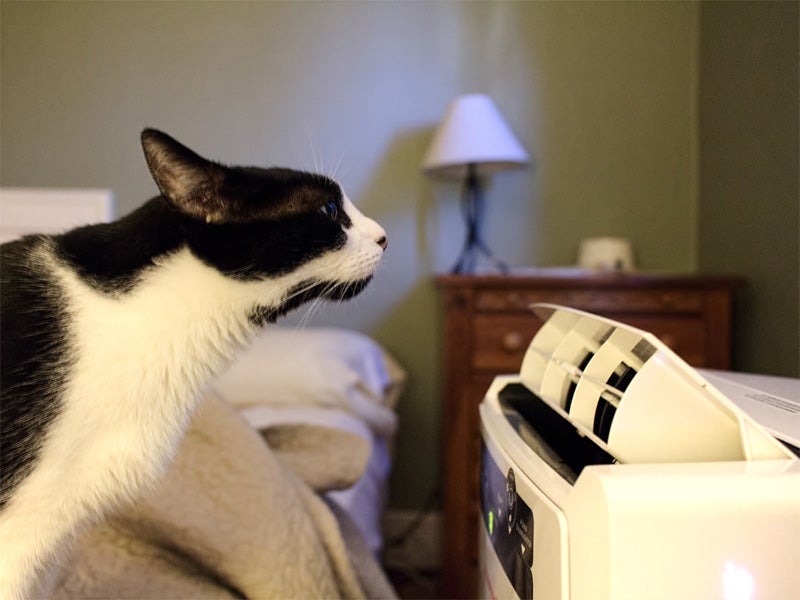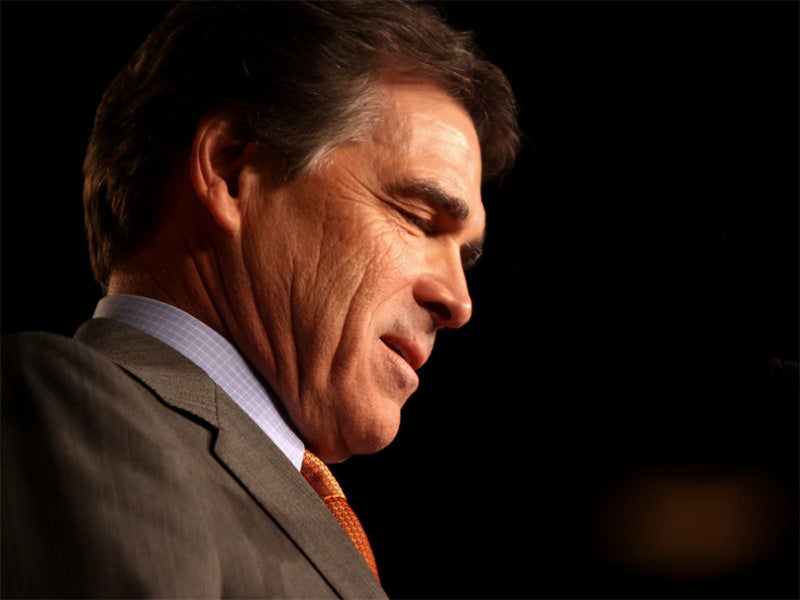Defending Commonsense Energy Efficiency Measures From Delays By The Trump Administration
The standards prescribed by the rules will save about 3% of all the energy used in the United States for all purposes in a year—over a 30-year period. These energy savings will save consumers money on their utility bills, yielding more than $11 billion in net savings over 30 years.
Regional Office / Program
Case Overview
Energy efficiency is the most affordable and effective solution to America’s energy problems. Appliance and equipment efficiency standards save energy, increase the reliability of the electricity grid, reduce consumer energy bills, and decrease pollution.
According to projections by the Department of Energy, standards prescribed by five delayed energy efficiency rules will save about 3% of all the energy used in the United States for all purposes in a year—over a 30-year period. These energy savings will save consumers money on their utility bills, yielding more than $11 billion in net savings over 30 years. The standards will also enhance public health by reducing emissions of carbon dioxide by more than 25 million metric tons by 2030—equivalent to the emissions generated by the annual electricity use of more than 3 million U.S. homes. Additionally, they will reduce emissions of other harmful air pollutants, such as sulfur dioxide and nitrogen oxides, by hundreds of thousands of tons.
The five rules—which cover air compressors, uninterruptible power supplies, walk-in coolers and freezers, portable air conditioners, and commercial packaged boilers—were developed through a robust public process, and were signed by the Department of Energy in December 2016.
On April 3, 2017, Earthjustice—along with Consumer Federation of America, NRDC, and Sierra Club—notified the Trump Administration of its intent to sue the Department of Energy for needlessly delaying the measures and not doing the final step toward implementing five energy efficiency rules: publishing them in the Federal Register.
Days earlier, on March 31, Earthjustice also filed a lawsuit challenging the Department of Energy’s attempt to pull back efficiency standards for ceiling fans that were published in January. The new standard will cut the energy use of new fans by more than 25%, saving consumers up to $12 billion.
New York Attorney General Eric Schneiderman, California Attorney General Xavier Becerra, the states of Connecticut, Illinois, Maine, Massachusetts, Oregon, Vermont, and Washington, the Pennsylvania Department of Environmental Protection and the City of New York are also challenging the delays in the ceiling fan lawsuit and the energy efficiency intent to sue.

Case Updates
Case page created on April 3, 2017.

